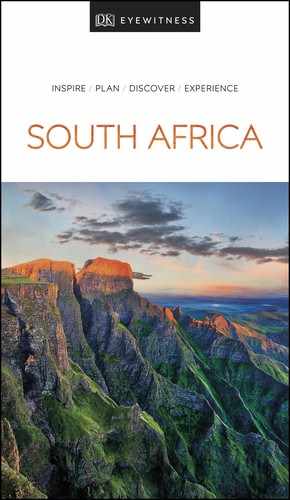A Brief
History
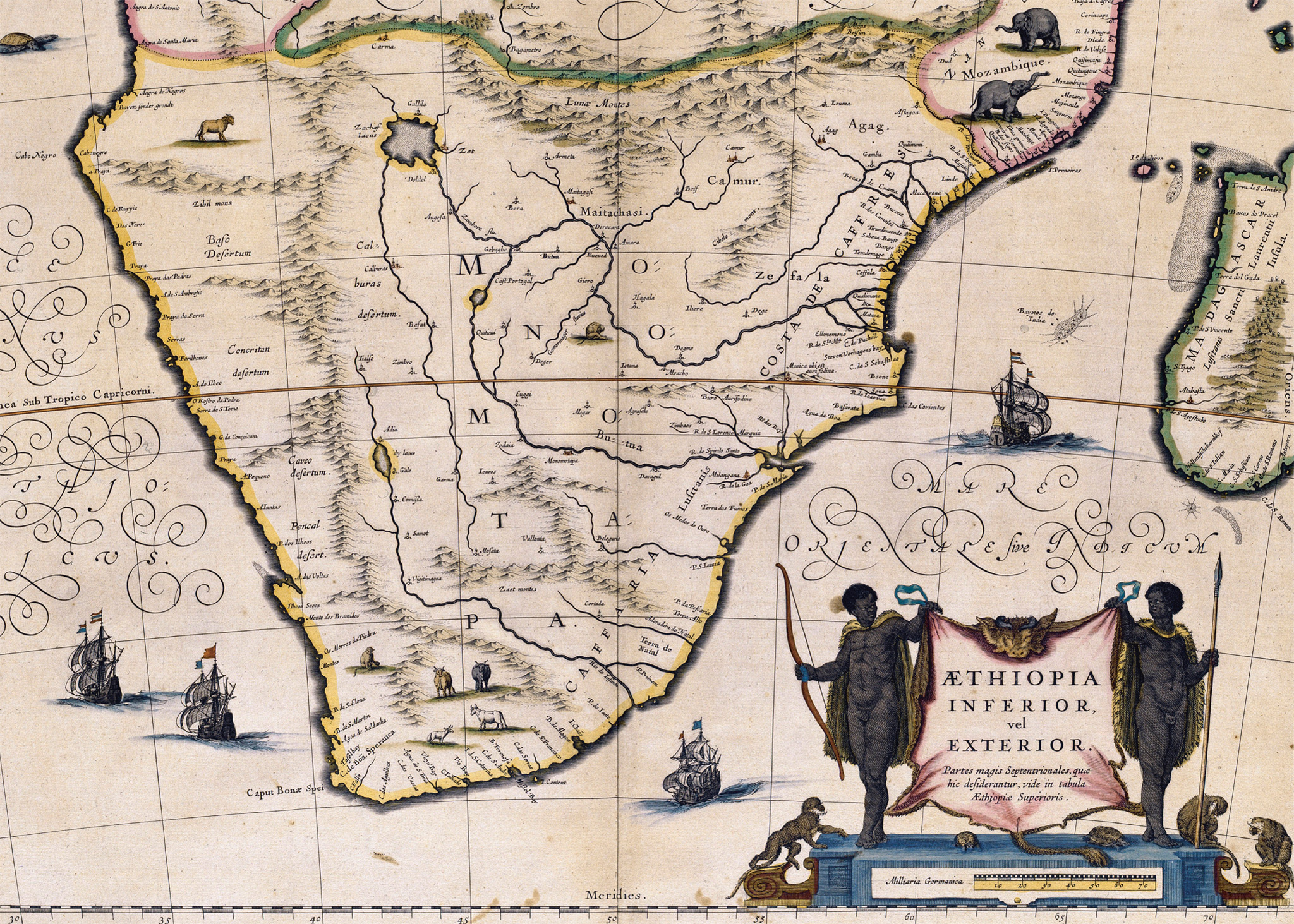
t A 17th-century map of South Africa.
Inhabited since prehistoric times, South Africa has experienced tensions between settlers and indigenous Africans ever since the establishment of a Dutch colony there in 1652. Following the dismantling of apartheid in the 1990s, the country is now on a course to democracy and reconciliation.
Prehistoric South Africa
Although hominins most probably evolved in East Africa, a wealth of fossils unearthed at the Cradle of Humankind near Johannesburg indicates that they inhabited South Africa at least three million years ago. The Northern Cape’s Wonderwerk Cave contains the oldest evidence of the controlled use of fire, around one million years ago, probably by Homo erectus. The 260,000-year-old Florisbad Skull, discovered in the Free State in 1932, is assigned by some experts to Homo sapiens, which would make it one of the oldest specimens of our species in the world.
Early Inhabitants
The country’s oldest nameable inhabitants were the Khoisan, an umbrella term that embraces so-called “San” hunter-gatherers and “Khoi” pastoralists. DNA markers indicate that the Khoisan’s ancestors have lived in the region for at least 150,000 years. The primary ancestral group of most modern South African peoples are Bantu-speaking migrants of West African origin who arrived in the region via East Africa 1,500 years ago. They introduced iron-age technology and slash-and-burn agriculture to South Africa, and gradually displaced the Khoisan in the country’s relatively fertile eastern half.
Explorers and Colonizers
The first European expedition to reach South Africa was led by the Portuguese navigator Bartolomeu Dias, who sailed around the Cape and continued as far as the Bushman’s River Mouth before turning back. From then on, European ships bound for East Africa and Asia frequently stopped on South African shores, often trading with the local Khoikhoi for fresh produce, but also occasionally skirmishing with them.
Dutch Colonization
In 1652, the Dutch East India Company established a fort on the site of present-day Cape Town. Initially, the Khoi welcomed the opportunity to trade produce, but as more land was granted to settlers, rivalry over water and grazing turned into open hostility. By the late 18th century, bullets and smallpox had decimated the indigenous Khoi population, as the Dutch colony expanded north and east. By this time, settlers comprised around 15,000 free citizens, plus an even greater number of slaves – some partially descended from the Khoi, others imported from the Dutch East Indies – who would eventually evolve into the Afrikaans-speaking Cape Coloured community.
Colonial Expansion
As Dutch power faded, Britain seized the Cape Colony, assuming permanent control in 1814. The Great Fish River was proclaimed as the colony’s eastern boundary, and plots of land in the border region were assigned to government-sponsored British immigrants dubbed the 1820 Settlers. This move deprived the local Xhosa herdsmen already established there of their pastures, and a century of bitter “frontier wars” ensued. Further disruption was created by the foundation of Zulu king Shaka’s militant empire during 1816–27, and the inland exodus of more than 12,000 Boers (Dutch farmers) in the Great Trek. The short-lived Natalia Republic was established by the first wave of trekkers in 1839 and annexed by Britain in 1843. By 1857, two independent Boer states, Transvaal and Orange Free State, had been consolidated north of the Orange and Vaal rivers.
Diamonds and Gold
The discovery of diamonds at Kimberley and gold in the Witwatersrand in the late 19th century laid the foundation for the modern South African economy. Both deposits lay under Boer soil, but were coveted by the British, who initiated a series of skirmishes that culminated in the Anglo-Boer War of 1899–1902. In the aftermath, the British colonies at the Cape and Natal were merged with the Boer states to become a self-governing colony called the Union of South Africa. The South African Act, negotiated in advance of the union, granted few political rights to people of non-European descent – a deliberate oversight that led to the founding of the South African Native National Congress (later the African National Congress/ANC).
Early 20th Century
Afrikaner hopes for self-determination were revived in 1938 by the centenary of their ancestors’ Great Trek. Black political protest, led by the ANC, gained momentum after World War II, and came to the forefront of public awareness after August 1946, when police waded into a peaceful miners’ strike, killing nine people. As the 1948 election drew close, the incumbent United Party (UP) responded to the changing mood by proposing a relatively progressive policy of limited racial integration, which was countered by the right-wing Nationalist Party’s (NP) race-based policy of apartheid (“separateness”). With much of the population excluded from voting on the grounds of their skin colour, a predominantly Afrikaner electorate swept the NP into power.
The Apartheid Era
Protest against apartheid was initially peaceful. That changed after March 1960, when 69 protesters were shot dead by police in Sharpeville. In the aftermath, a state of emergency was declared and the ANC and other anti-apartheid organizations were banned. The ANC responded by forming a military wing led by Nelson Mandela, who was sentenced to life imprisonment in 1963 for acts of terrorism. The decree that Afrikaans should be the language of instruction at black schools sparked the 1976 Soweto Revolt. In 1990, cowed by the ungovernability of Soweto and other townships, as well as international economic sanctions, the NP lifted the ban on the ANC and entered into multi-party negotiations, which led to the 1994 election that swept the ANC and the now freed Nelson Mandela into power.
South Africa Today
Since 1994, the ANC has convincingly won all parliamentary elections. While these results undoubtedly reflect the ongoing popularity of the organization that liberated South Africa from apartheid, the lack of credible opposition has allowed internal party politics to overshadow national interests. Mandela retired in 1999, and his successor Thabo Mbeki resigned as a result of party infighting in 2008, to be replaced by Jacob Zuma. Under Zuma, government corruption reached economically damaging proportions, leading to his replacement by respected businessman Cyril Ramaphosa in 2018. Despite its troubles, the ANC has made significant progress with social upliftment, and South Africa is now sub-Saharan Africa’s busiest tourist destination.
Did You Know?
The world’s first heart transplant was carried out in South Africa in 1967.
Evolutionary Landmarks
The border area of South Africa and Swaziland is rich in behavioural firsts. Border Cave, in the Lebombo Mountains, contains the world’s oldest evidence of ritual burials, religious worship and counting tools. Close by, in Swaziland, the world’s oldest known mine, dating back more than 40,000 years, is on Ngwenya Mountain.
DISCOVER A Brief History
The Mfecane
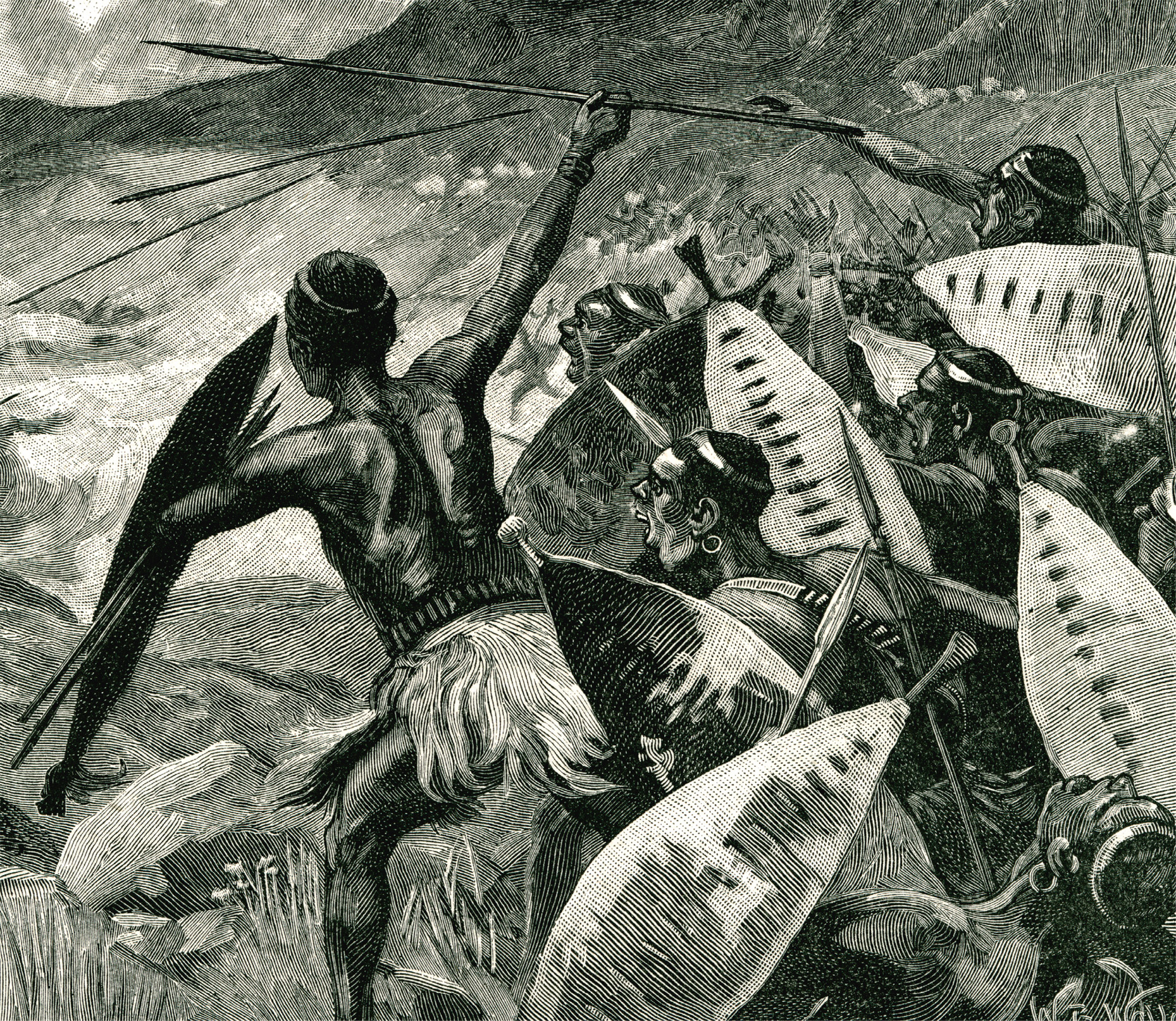
Inspired by the tactics of the Zulu king Shaka, the Mfecane (Crushing) was a 20-year period of mass killing by rival leaders that rippled as far afield as Tanzania and claimed at least one million lives.
Creating Apartheid
The Population Registration Act classified all citizens as White, Coloured, Black or Indian, with each group designated a specific living area by the Group Areas Act. Adults classified as Black were legally required to carry internal passports at all times, and the Immorality and Mixed Marriages Acts outlawed interracial sex and romance.
DISCOVER A Brief History
Timeline of events |

3.3 million years BCLikely date of South Africa’s oldest hominin fossil. |
1.75 million years BCThe genus Homo first appears on the fossil record at the Cradle of Humankind. |
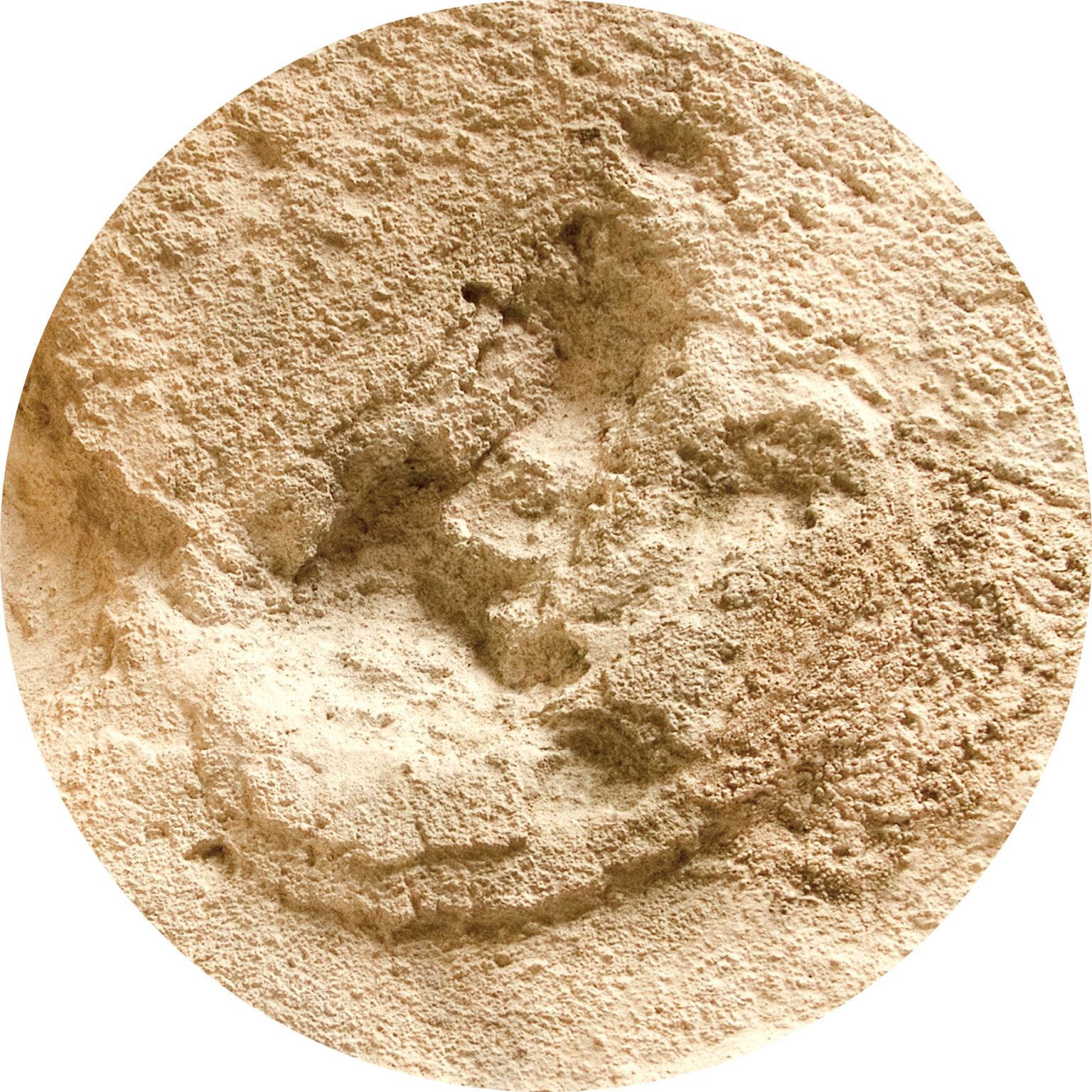
115,000 BCEve’s Footprints is the country’s earliest relic of modern humans. |
42,000 BCThe date of the oldest unambiguous evidence of modern human behaviour: a suite of hunting tools. |
500 BCThe Khoi adopt a pastoral lifestyle of sheep-, goat- and cattle-herding. |
500 ADProbable arrival of the first Bantu-speaking farmers and ironworkers in South Africa. |
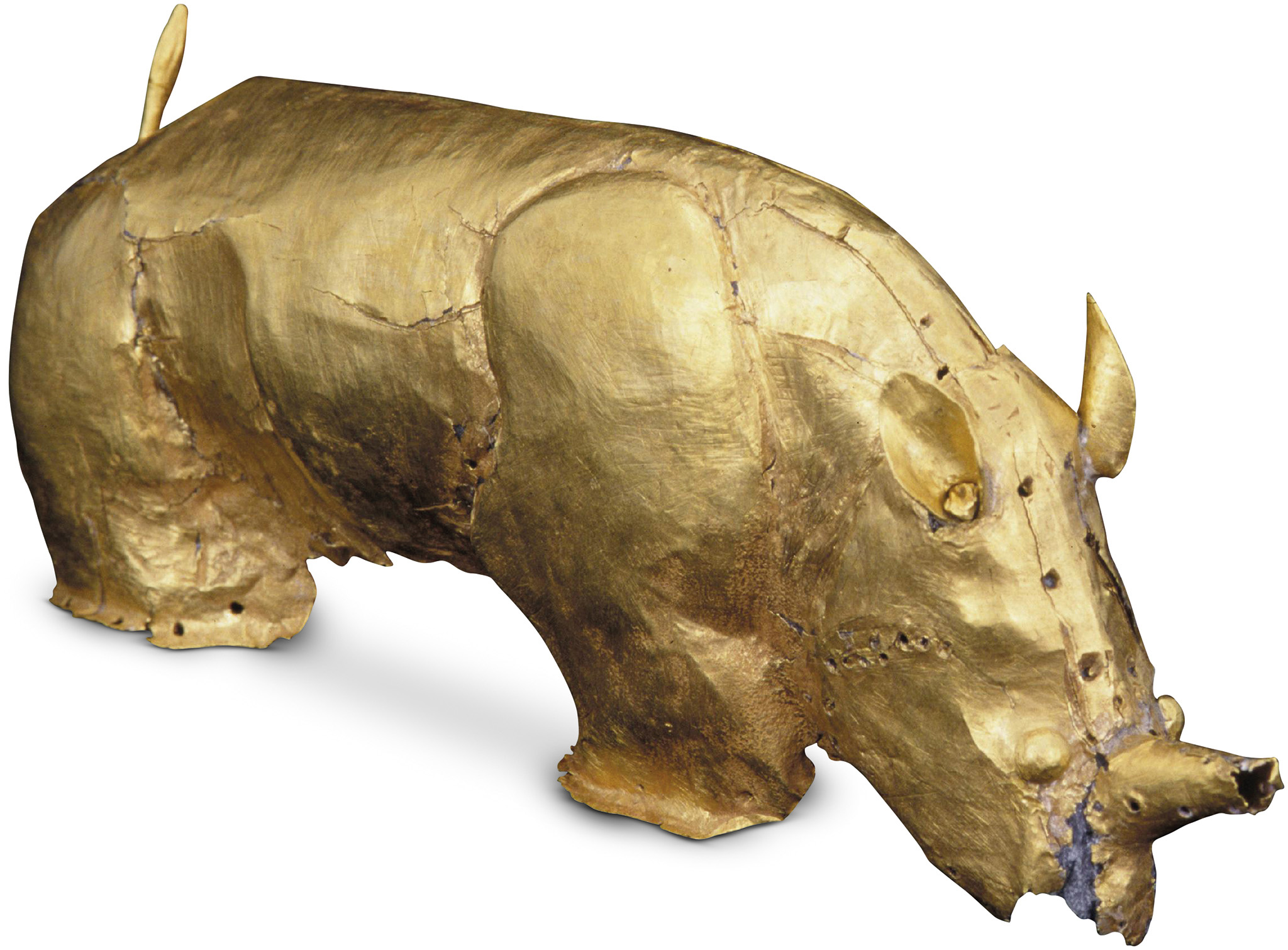
1100The gold-exporting Kingdom of Mapungubwe is established alongside the Limpopo River. |

1488Bartolomeu Dias lands at Mossel Bay on 3 February. |
1498Dias’s compatriot Vasco da Gama pioneers a mercantile sea route from Europe to India via the Cape. |

1652The Dutch East India Company establish Cape Town under the command of Jan Van Riebeeck. |
1814The Dutch Colony at the Cape is formally ceded to Britain. |

1816King Shaka seizes the Zulu throne and starts expanding his fiefdom to become a militant unified kingdom. |
1820The 1820 Settlers arrive at Port Elizabeth to start farming the eastern frontier of the Cape Colony. |
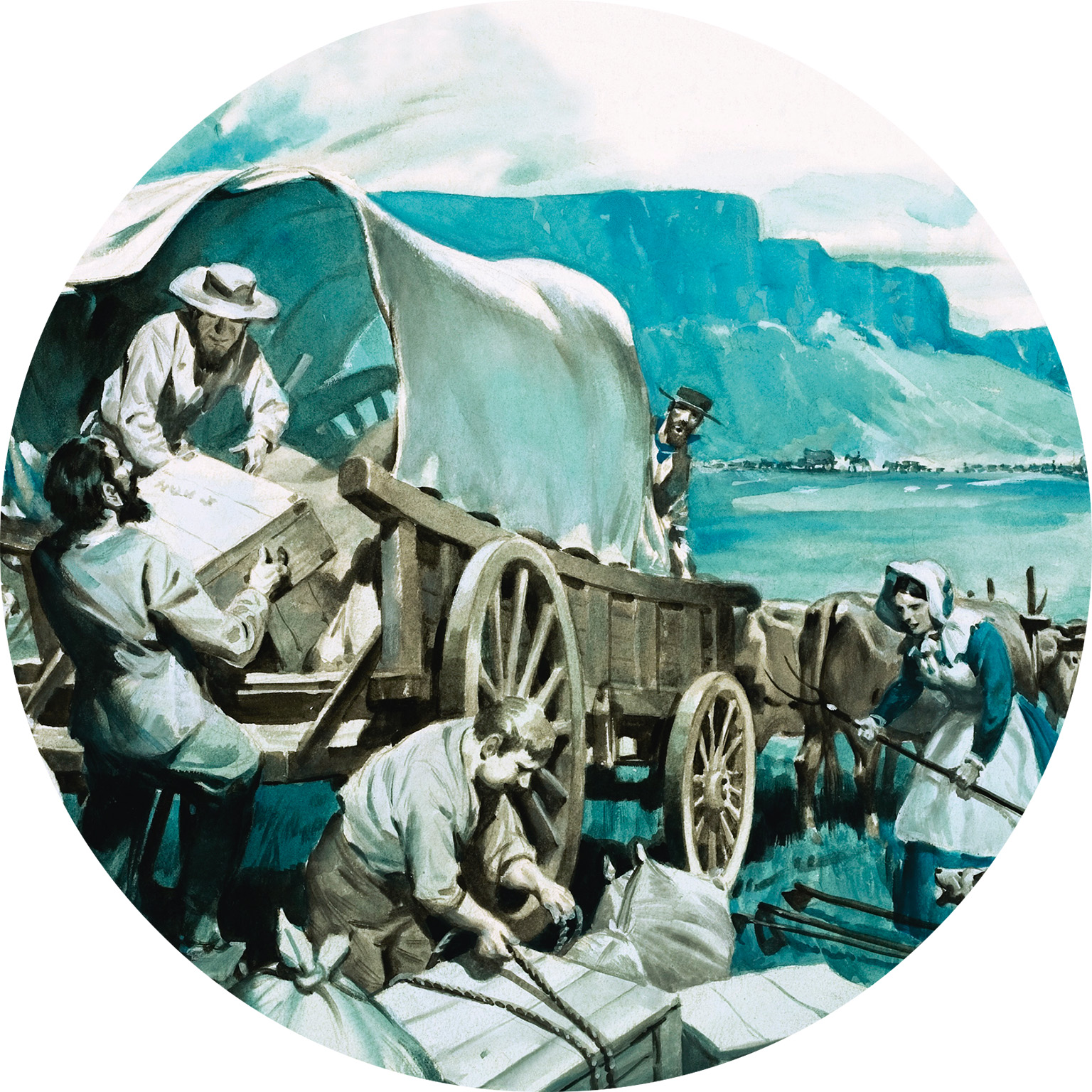
1834The abolition of slave-ownership by the British colonial government causes the Great Trek. |
1886The discovery of gold in the Witwatersrand leads to a gold rush and the foundation of Johannesburg. |

1899The start of the Anglo-Boer War, which is won by the British in 1902. |
1912Foundation of the South African Native National Congress (SANNC), which became the African National Congress (ANC) in 1923. |
1948The NP comes to power to implement a policy of systematic racial discrimination called apartheid. |
1960Police open fire on anti-apartheid protesters, killing 69 people, in the Sharpeville Massacre. |
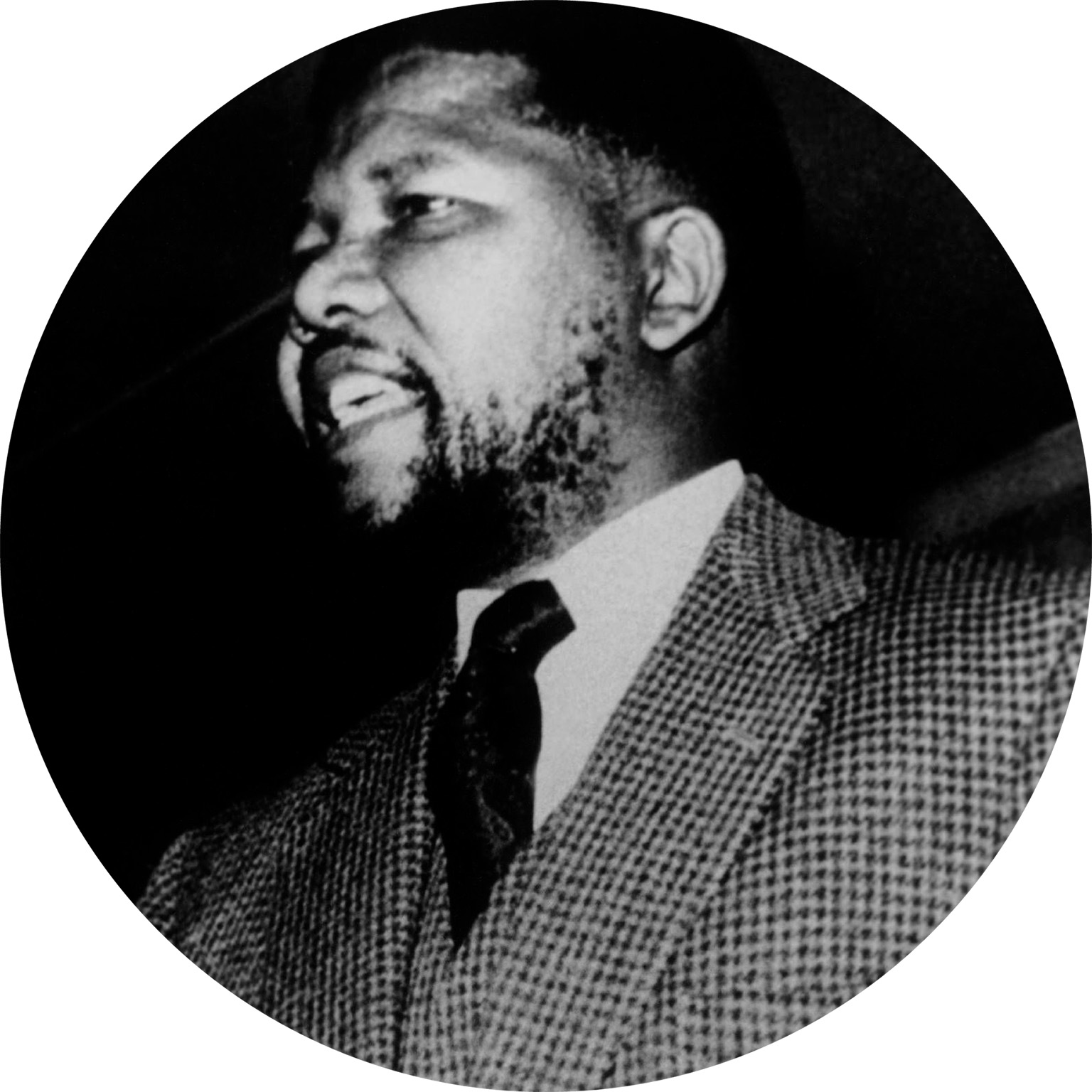
1963Several ANC leaders, including Nelson Mandela, are sentenced to life imprisonment for terrorism. |
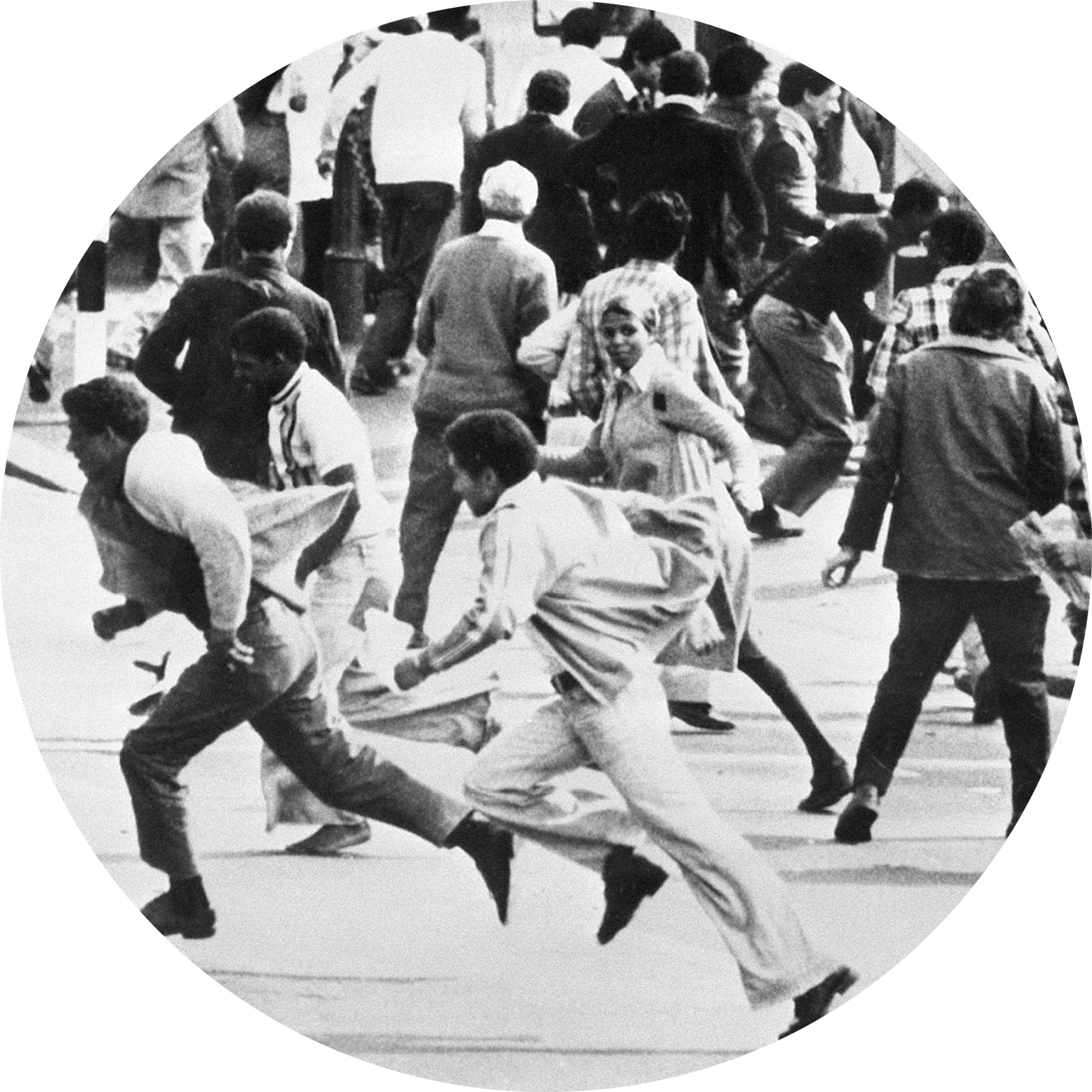
1976During the months-long Soweto Revolt, 700 people die at the hands of the police. |
1977The prominent Black Consciousness leader Steve Biko is killed while in police custody. |
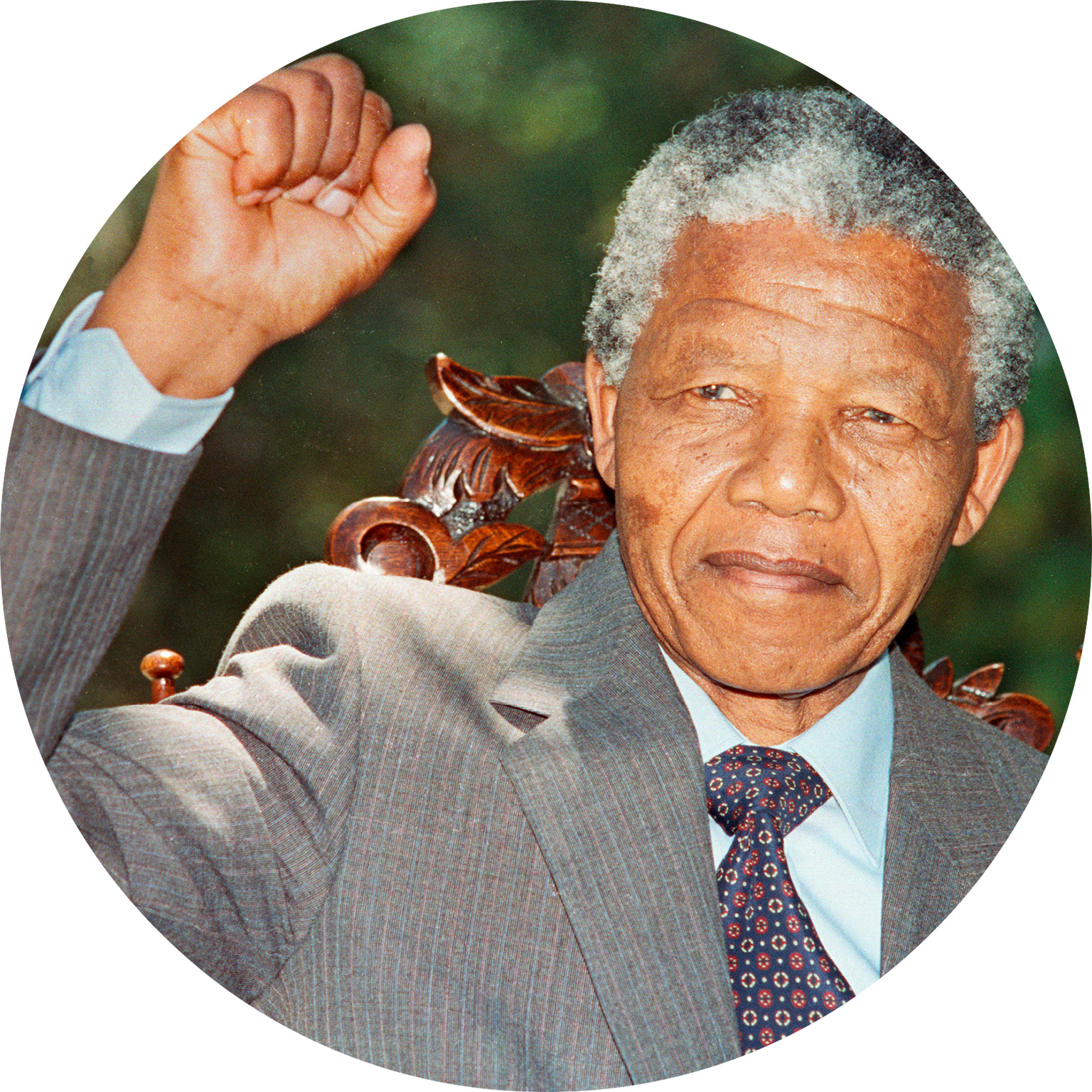
1990The NP unbans the ANC and releases Nelson Mandela from prison. |
1994Nelson Mandela becomes the country’s first black president. |
2013Nelson Mandela dies aged 95; ten days of national mourning follow. |

2018The ANC forces the scandal-hit President Jacob Zuma to resign. |
